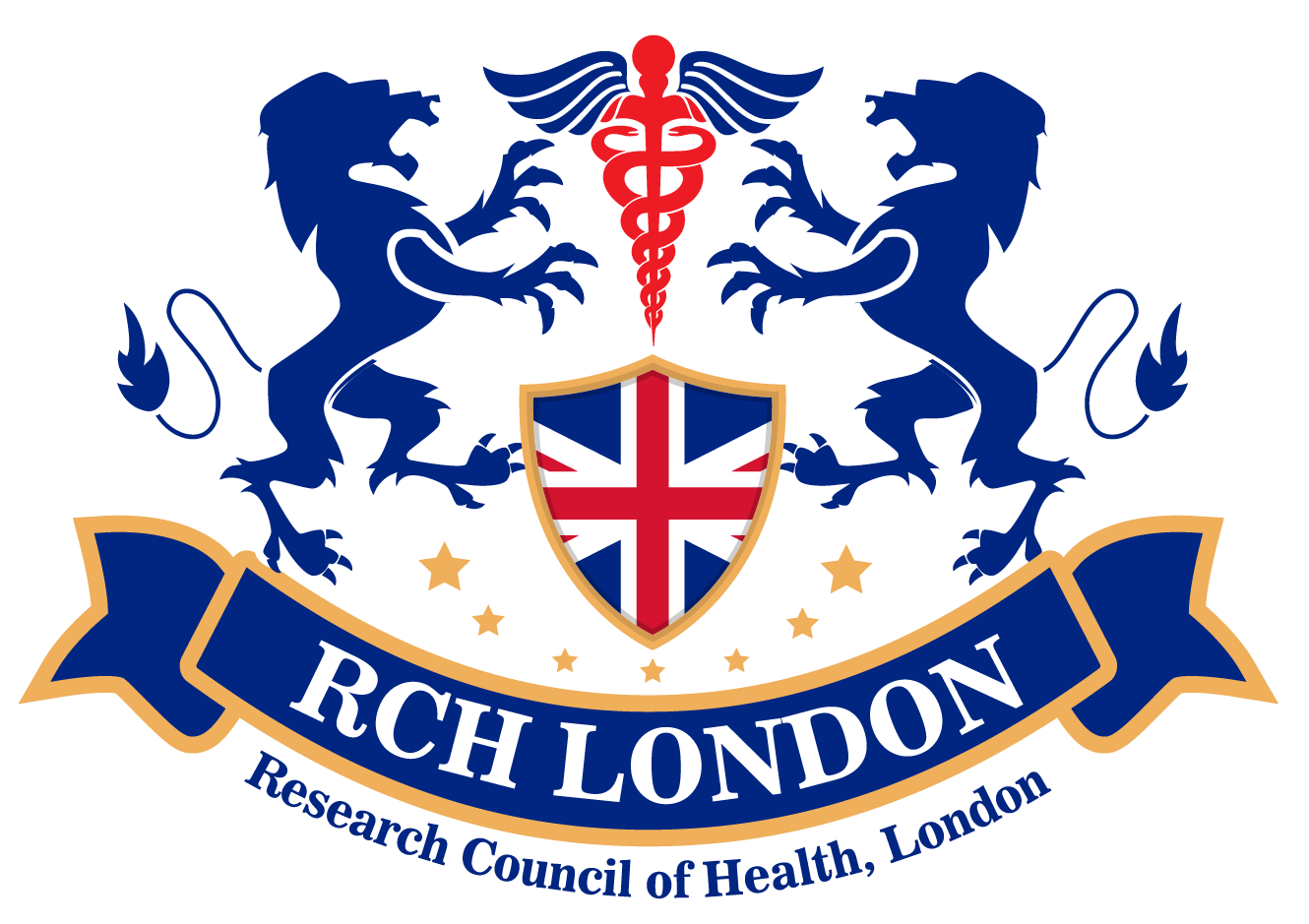

Diploma In Family Medicine (DFM)
GBP £3999.00 Key Information Duration: 12 months / 24 months Fees: GBP £7500.00 / GBP £3999.00 / Mode: Blended Learning
Course Key Points
Course Code: DIPFM-80574
Subject Area: Family Medicine
Duration: 12 months
/ 24 months
Mode: Qualification
Credit: 240.00
According to the World Health Organization (WHO), the greatest need in global health systems worldwide is the broad application of effective primary health care.
Our Postgraduate Diploma Family Medicine designed to specifically train doctors to provide the care that is needed in global health, care that is comprehensive, continuous, integrated, community-oriented, and team-based.
Our Diploma programmes benefit greatly from the diversity of our international participants and our world-class experts who design and facilitate our programmes.
3 good reasons to study the Postgraduate Diploma Family Medicine:
Our course equips you with the necessary theory and skills to develop mastery in the clinical and service aspects of Family Medicine
You’ll have greater confidence and knowledge to better manage your patients. You’ll also be further recognised and appreciated by clinical colleagues, as having a special interest and skill set in Family Medicine
You’ll have the opportunity to meet other doctors and medical staff on the course – from the UK and worldwide – building your international network
For 12 Months
Details : 12 months (120 Credits) - Full Time - Undertaking this Diploma programme is a serious commitment, requiring weekly contact hours in addition to numerous hours of independent learning and research in order to progress at the required level. When coursework or examination deadlines are approaching independent learning hours may need to increase significantly. FULL TIME (120 Credits ) BLENDED LEARNING FEES £3999.00
Fees : £7500.00
For 24 Months
Details : 24 months (240 Credits) Full-Time Undertaking this Diploma programme is a serious commitment, requiring weekly contact hours in addition to numerous hours of independent learning and research in order to progress at the required level. When coursework or examination deadlines are approaching independent learning hours may need to increase significantly. FULL TIME 240 Credits) BLENDED LEARNING FEES £7500.00
Fees : £2200.00
Details : Part Time - £2200.00 Per Year Part-time study options often mean that the number of modules taken is reduced per semester, with the full modules required to complete the programme spread over two academic years. Teaching is generally done during the day and part-time students should contact the course convener to get an idea of when these teaching hours are likely to take place. Timetables are likely to be finalised in September but you may be able to gain an expectation of what will be required. PART TIME BLENDED LEARNING £2200.00 Per Year

